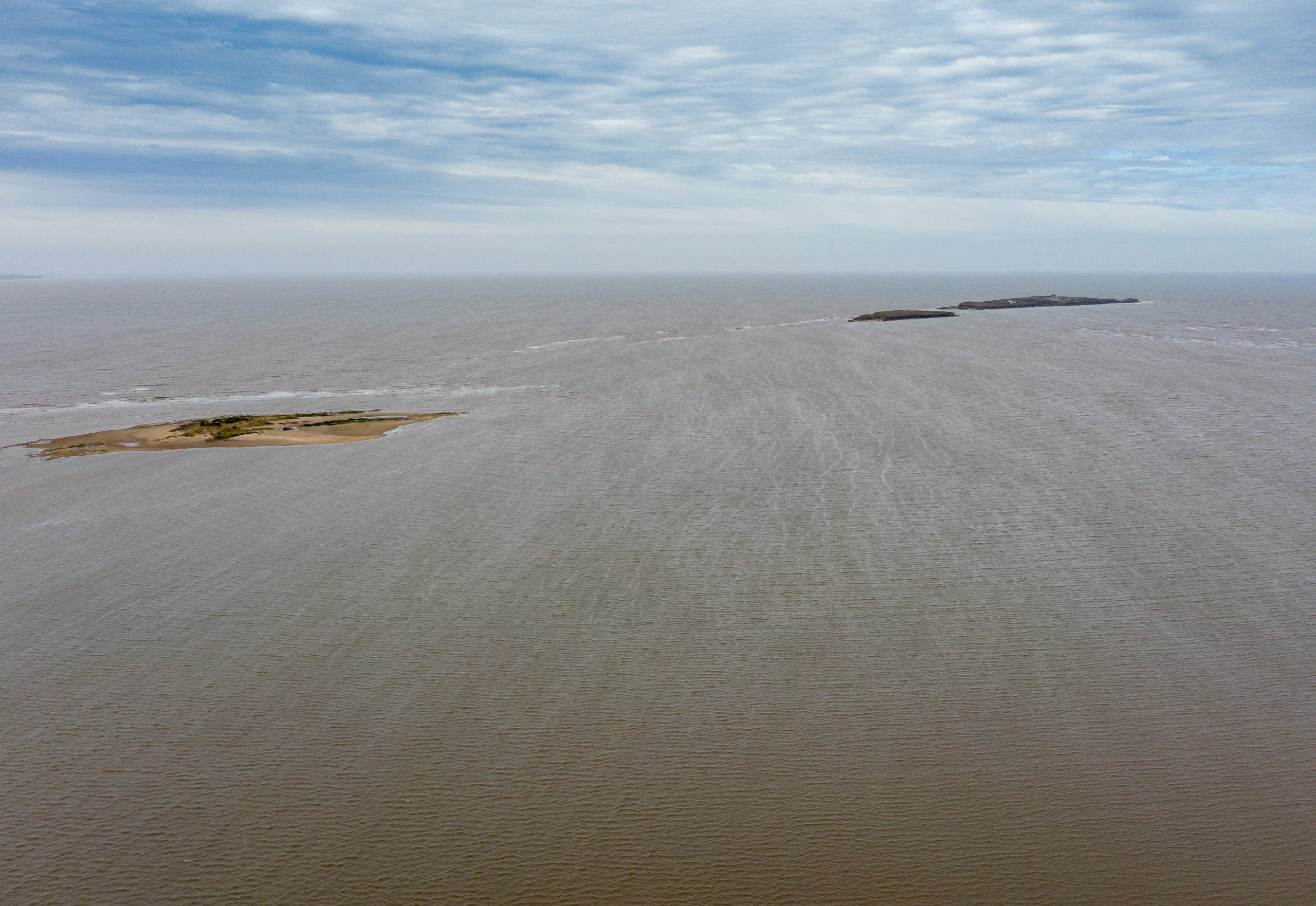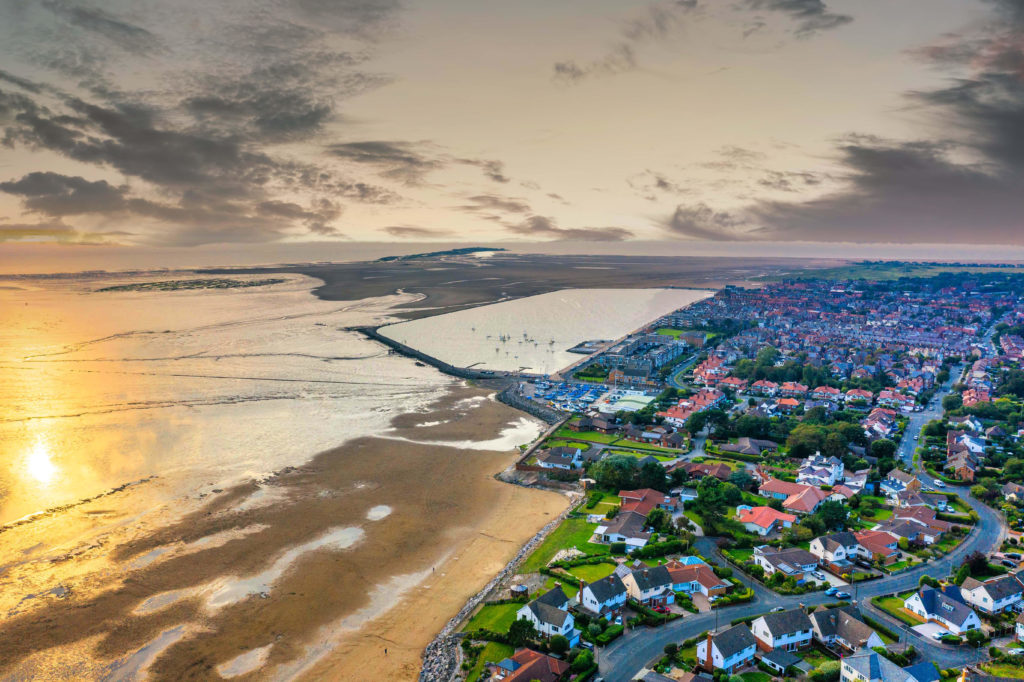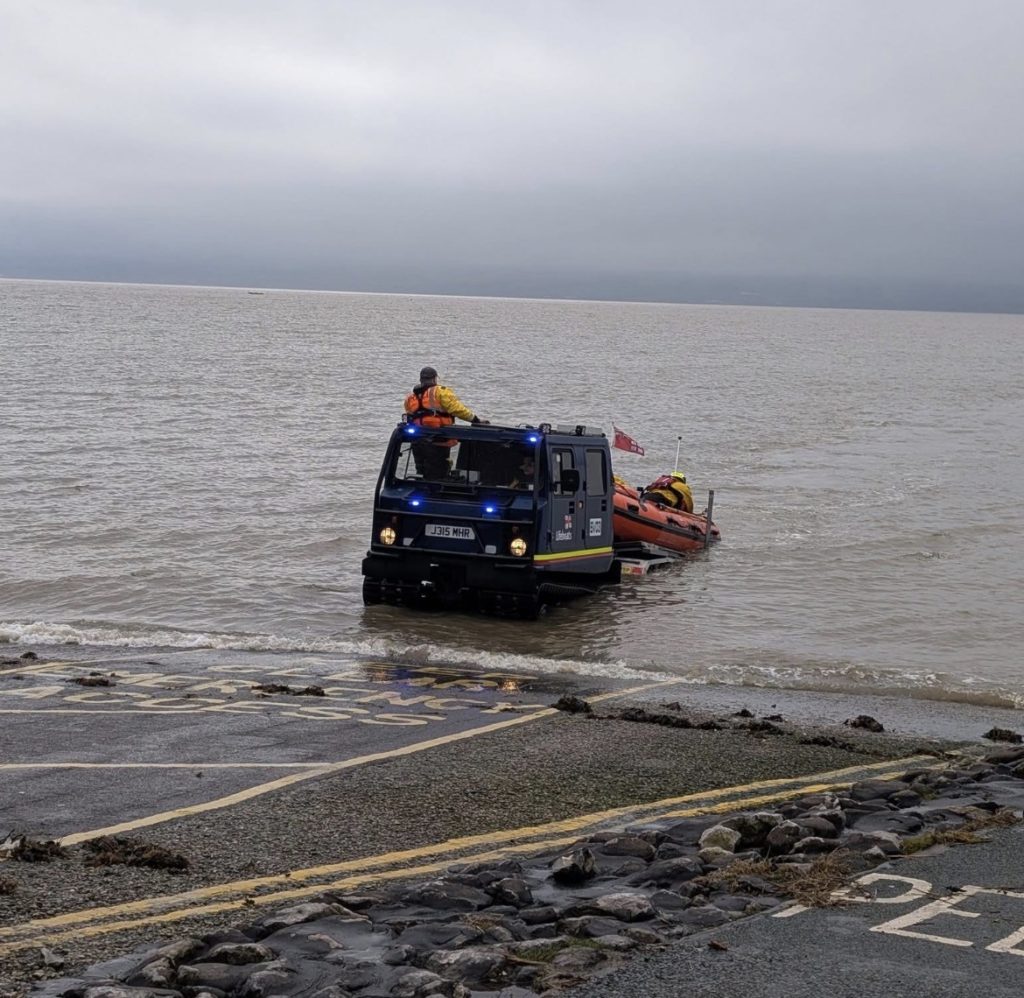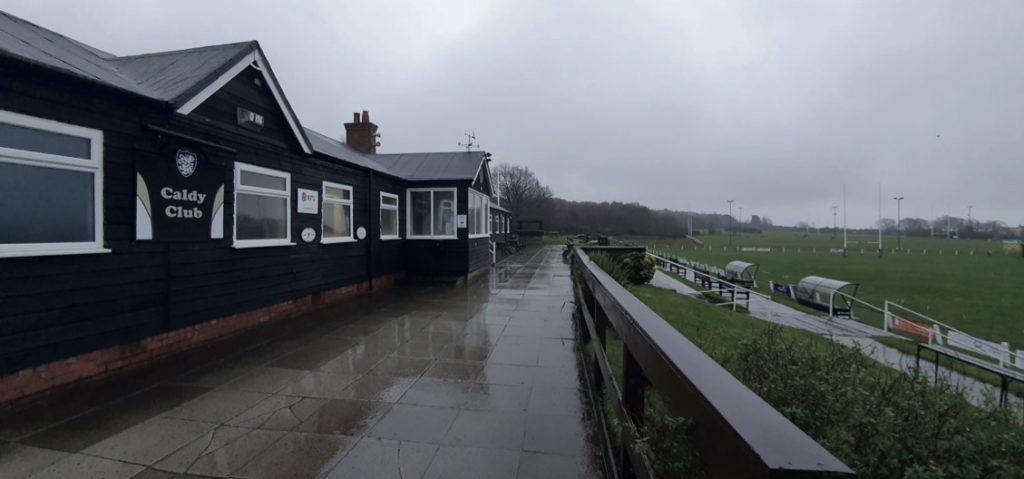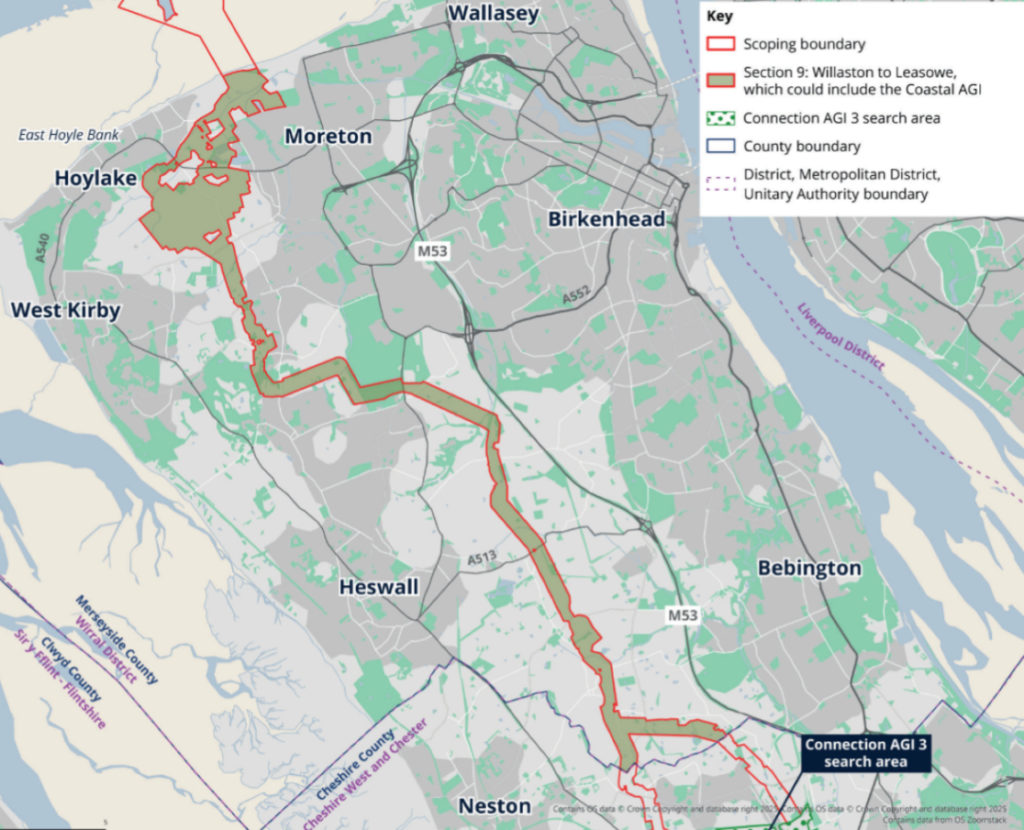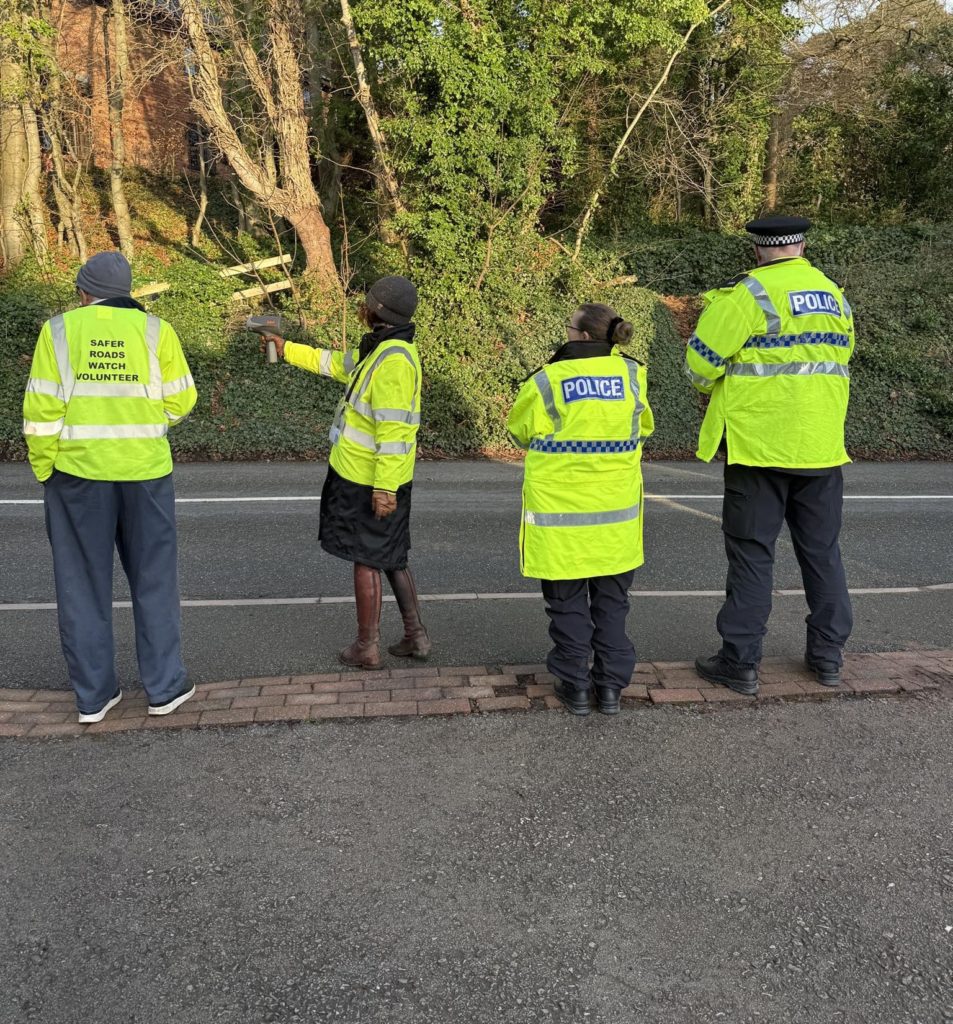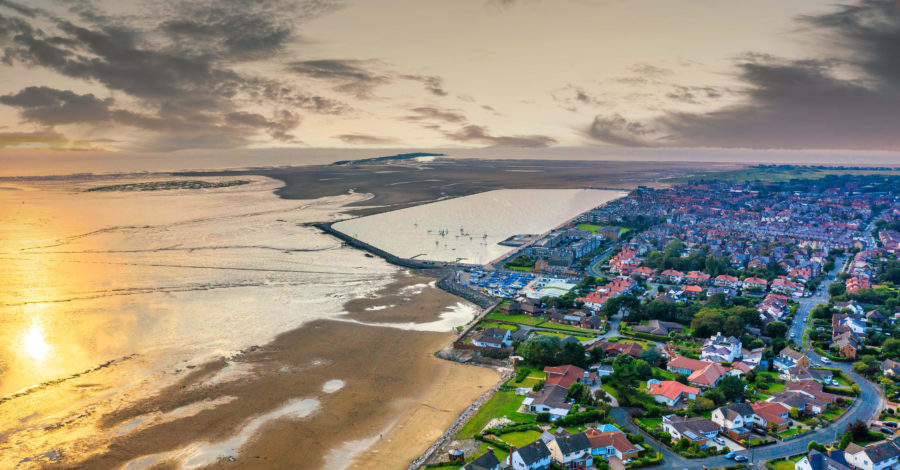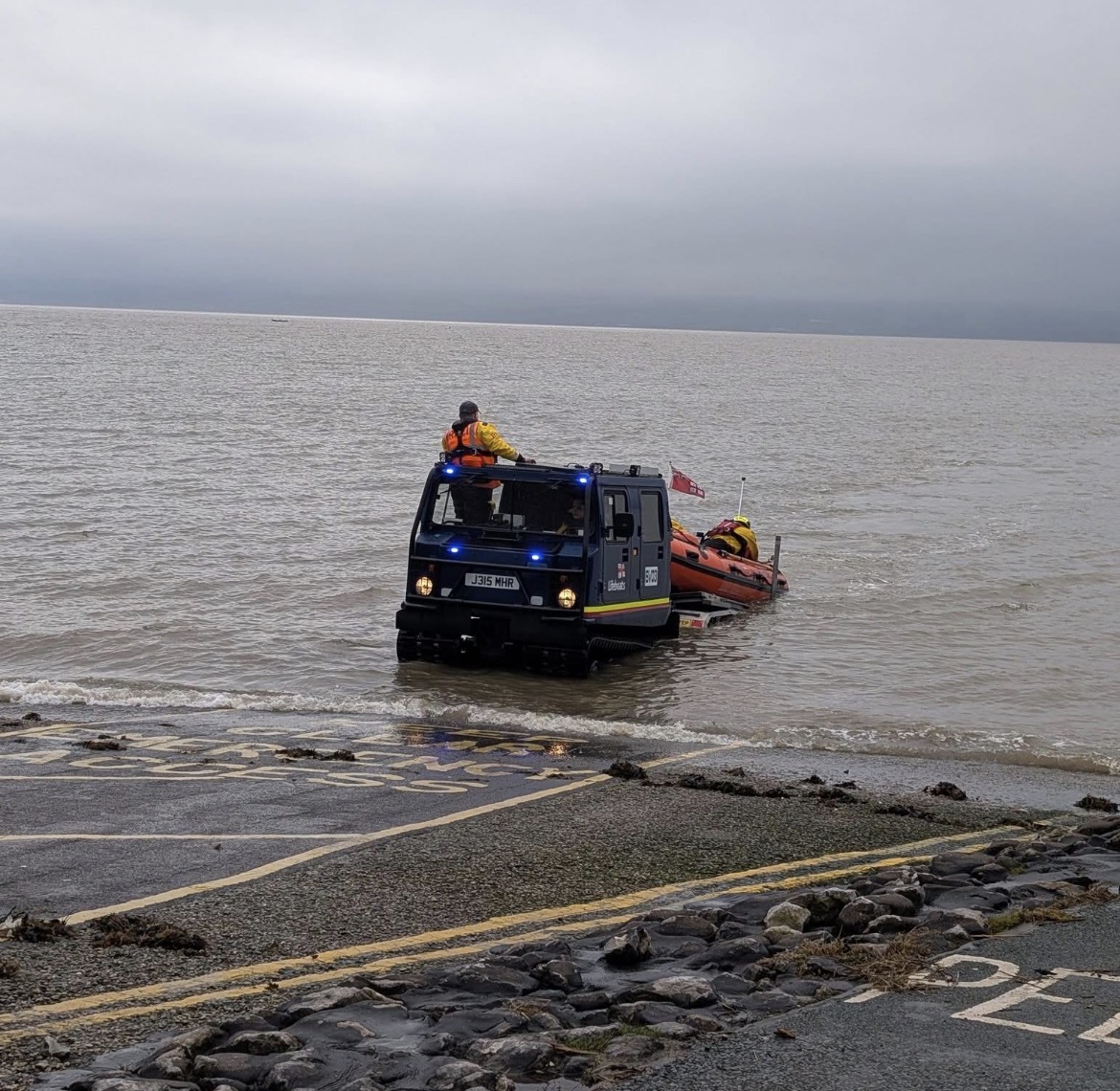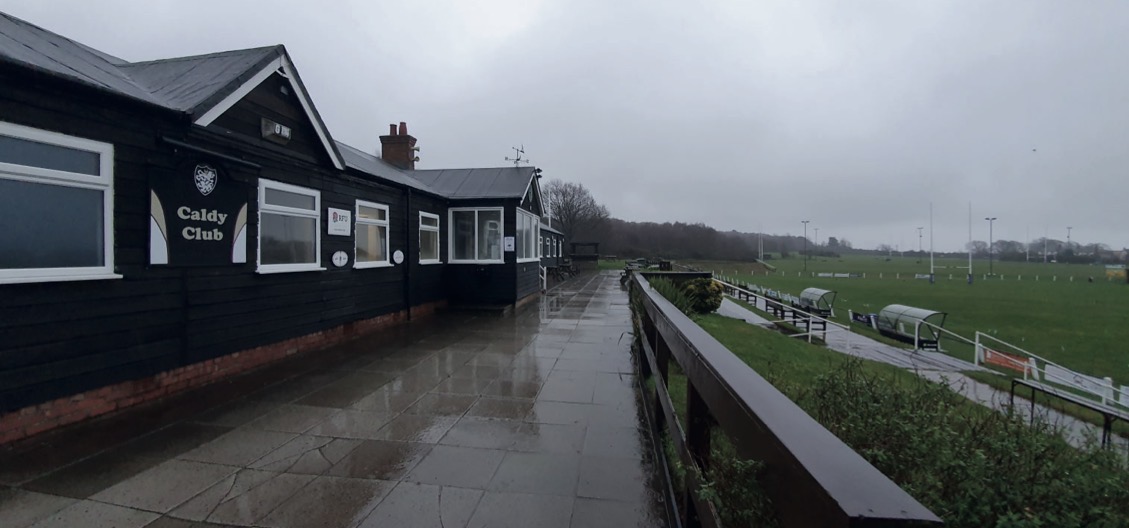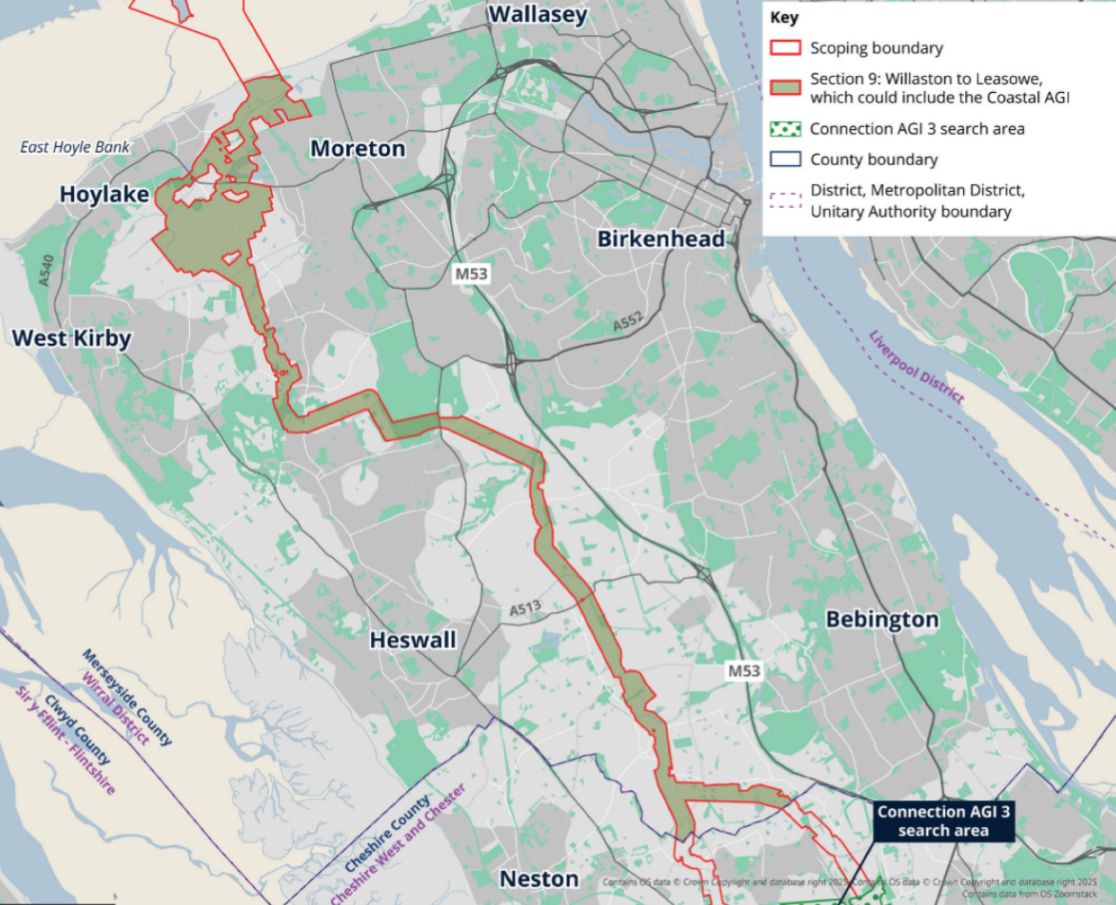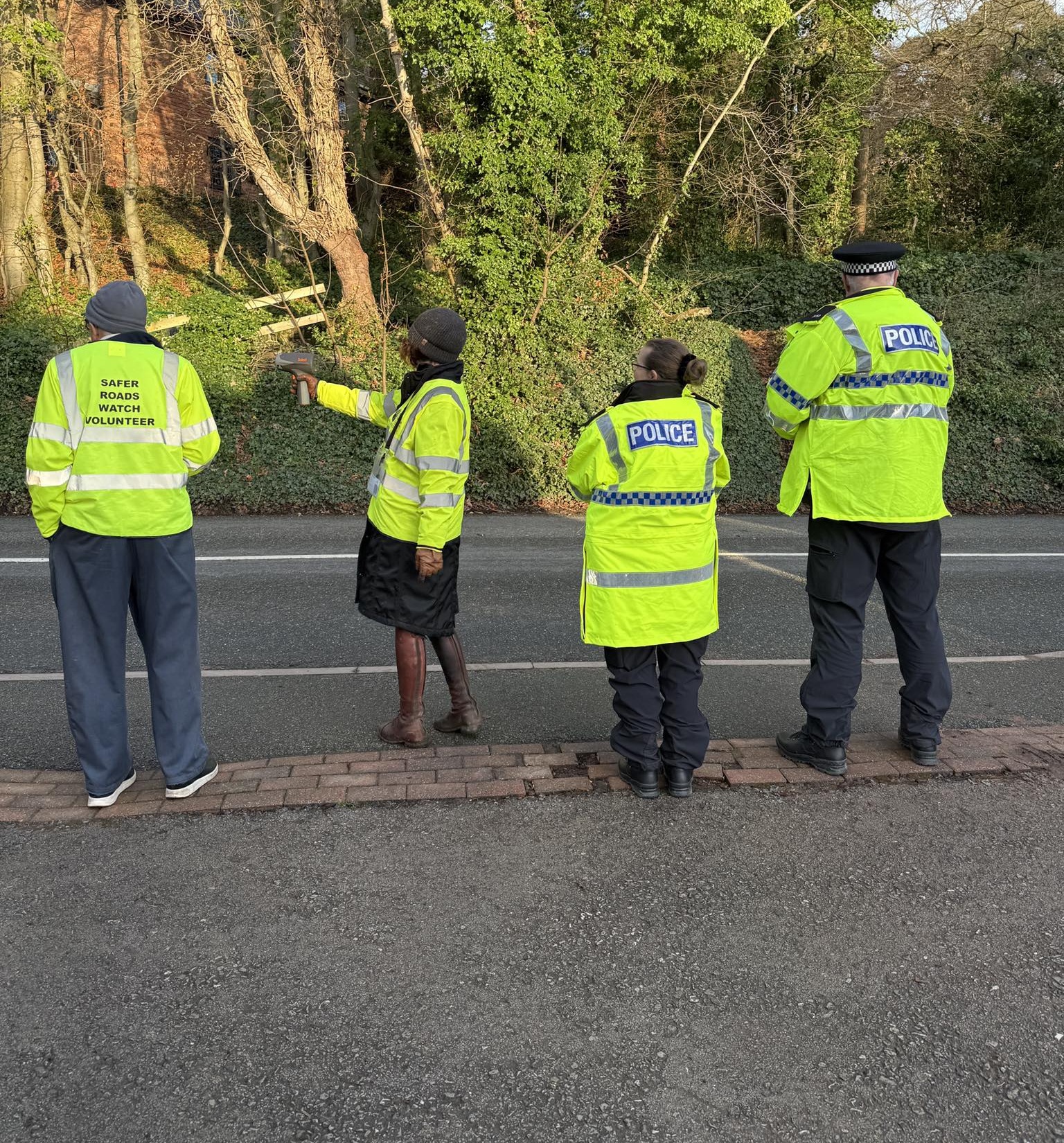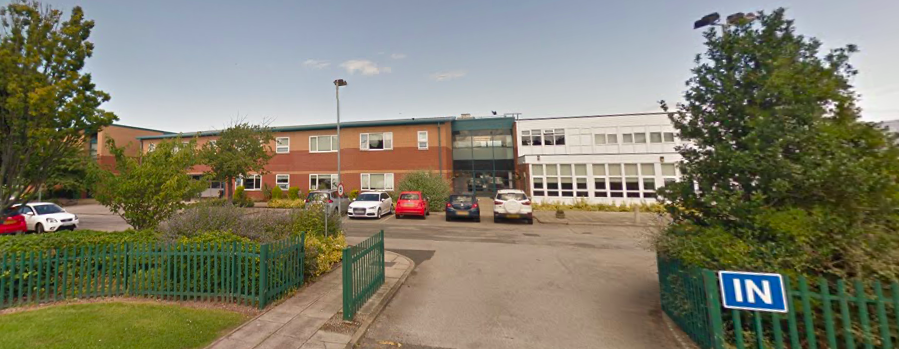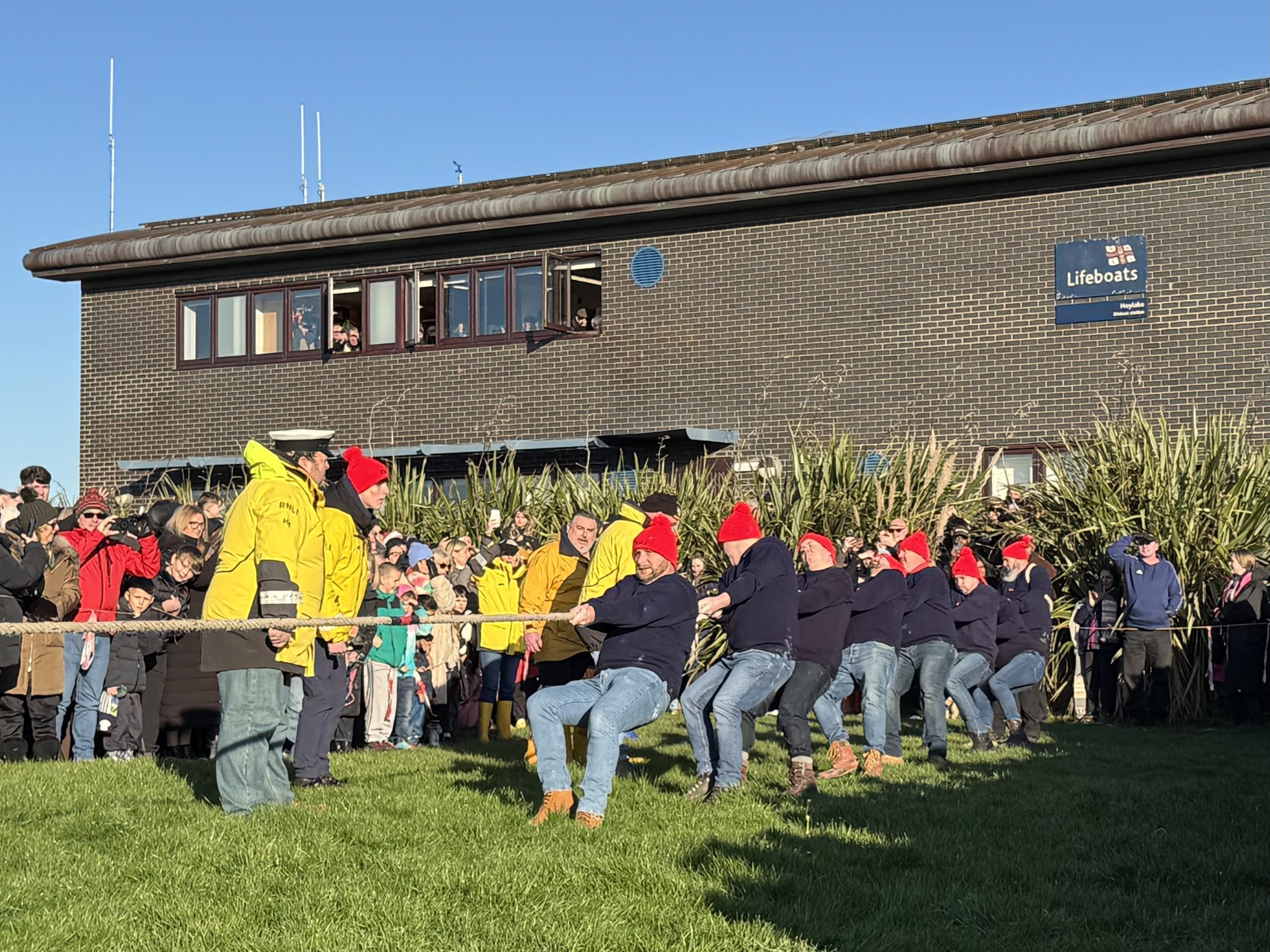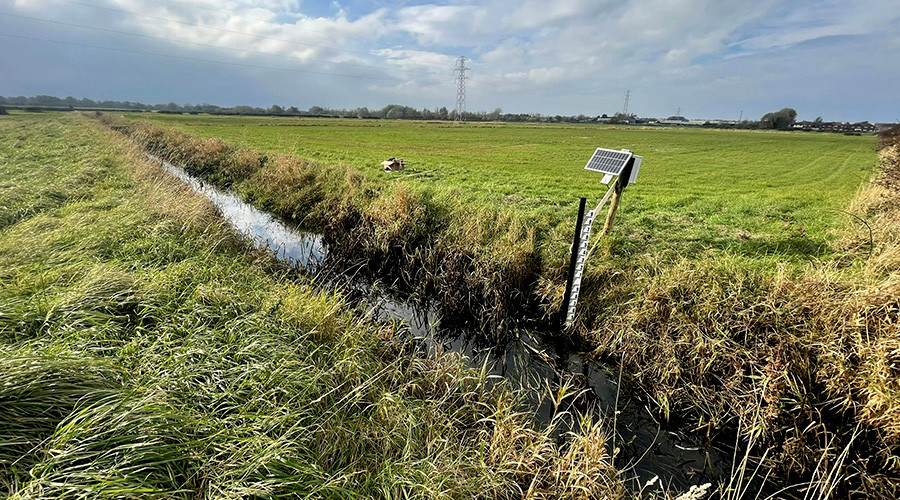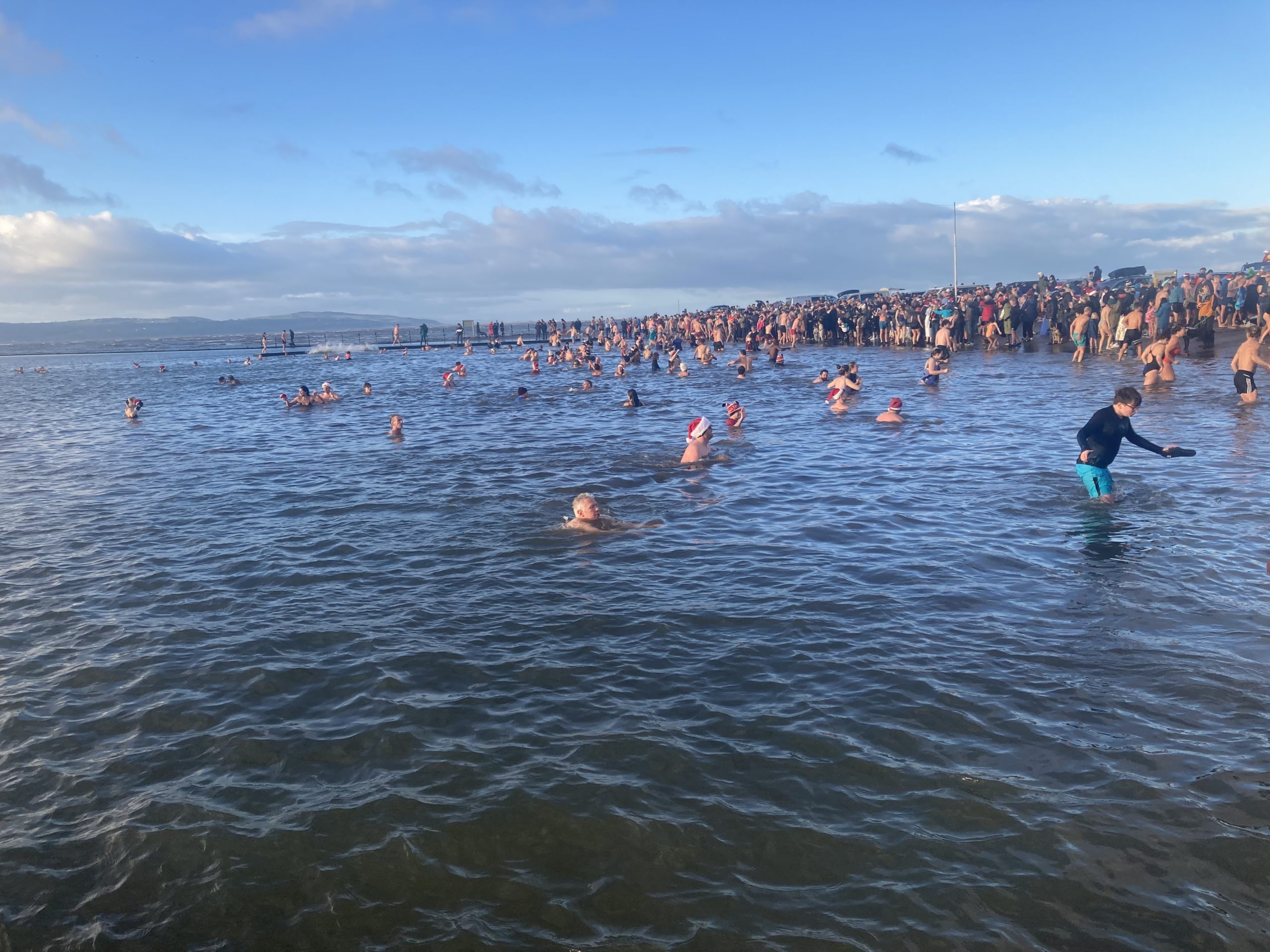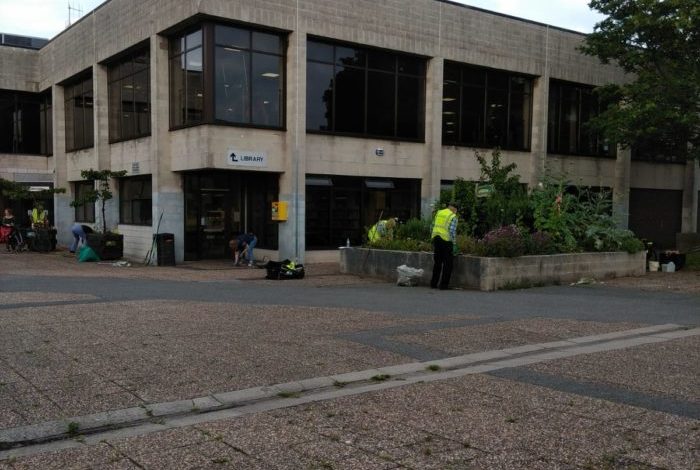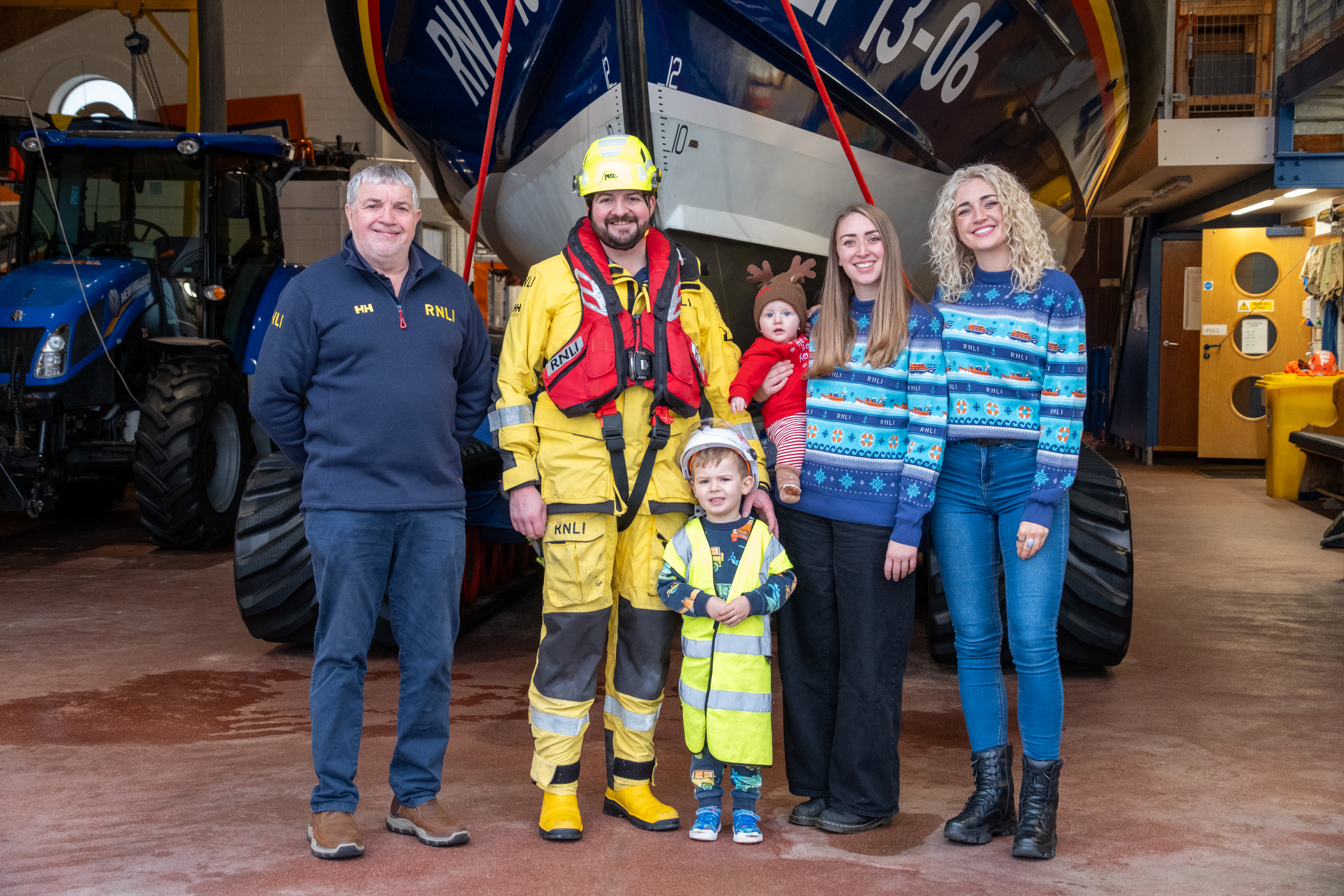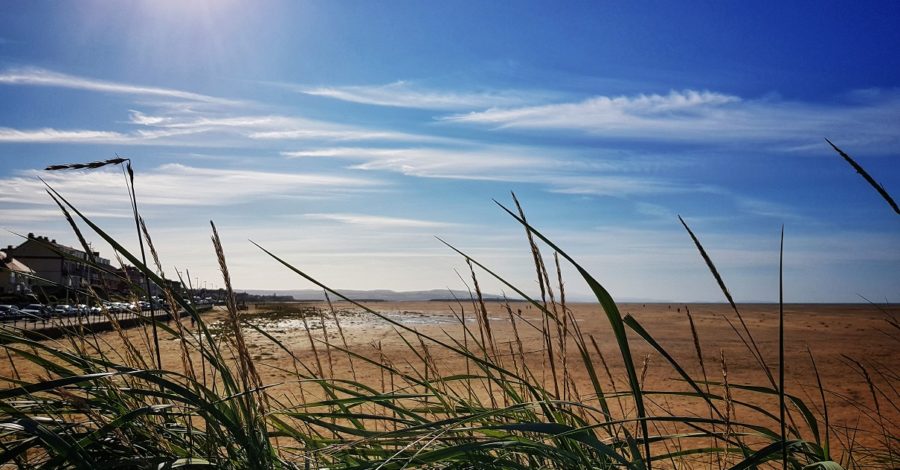The RNLI has issued a safety warning to people planning to head to the Wirral coast this Easter.
To coincide with spring tides this weekend, the lifesaving charity has revealed the results of a new study showing that 15% of people in the north west reported to have been cut off by the tide.
The RNLI teamed up with Bangor University last year as part of a project to understand people’s knowledge of the tide. Researchers have been talking to people who have experienced tidal cut offs to explore some of the reasons why they get into trouble.
The survey also found:
- Over half (57%) of those who had experienced tidal cut off lived inland – away from the coast.
- 41% of people living in the North West were unaware that the tide typically comes in twice a day
- 42% of people in the North West were not aware that the amount the tide rises and falls is not the same every day in any given location
- 35% of people in the North West were not aware that the rise and fall of the tide is not of equal size in all parts of the country
Spring tides will build over the Easter weekend and peak on Saturday 9 April, and the lifesaving charity is urging people to use a trusted online source such as magicseaweed.com or a tidal prediction app before setting off on a trip.
RNLI statistics for the Wales and North West region show people getting cut off by the tide caused almost 10% of all lifeboat launches over the last decade – more than double the UK average.
The university commissioned a marine social scientist to unpick people’s awareness of tides, with a view to improving tidal knowledge through new public campaigns and education.
Dr Liz Morris-Webb, Researcher and Marine Social Scientist at Bangor University said: “The results of our initial survey show just how much the public misunderstand the tide, but also how even those with experience and knowledge of the coast can easily get into trouble if underprepared or distracted.
“Many respondents who reported being cut off by the tide wanted to send a message to others, especially how quickly the tide can change and become very dangerous.”
Chris Cousens, RNLI Water Safety Lead for Wales, the West and Isle of Man said the survey would help the RNLI shape its safety messaging to ensure it is having an effect. He said: “Our core message of always check the weather and tides is a complex one as we suspect there is confusion over where to access tidal information, and not knowing how to interpret the beach specific tidal information.
“It’s been extremely useful to work with experts at Bangor University and we look forward to the next step in this exciting collaboration.
“We expect this weekend to be busy on the coast, but with higher than normal spring tides forecast this weekend, areas affected by tidal cut off may be cut off faster than normal, and other areas not normally known for tidal cut off may see incidents in the coming days.
“Anyone heading to the coast is reminded of the importance of checking the tide times and ensuring they have enough time to return if they decide to venture further along the beach.”
Photo and video credit: RNLI

